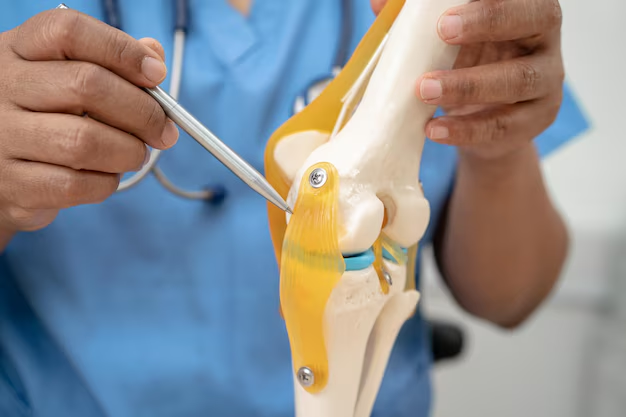How to Become an Orthopedic Surgeon: Essential Degrees and Certifications
Embarking on the journey to become an orthopedic surgeon is both challenging and rewarding, requiring a series of meticulously planned educational steps and professional accomplishments. The first milestone is obtaining a Bachelor's degree, usually in a science-related field such as biology or chemistry, which sets the scientific groundwork necessary for further studies. Following this, aspiring orthopedic surgeons must attend medical school to earn a Doctor of Medicine (MD) or Doctor of Osteopathic Medicine (DO) degree, a rigorous program that spans four years and covers fundamental medical knowledge and clinical experience. Success in medical school opens up the next stage: a residency program in orthopedic surgery, which typically lasts five years, providing hands-on experience in diagnosing and treating musculoskeletal issues.
Post-residency, orthopedic surgeons can pursue further specialization through fellowships in areas such as sports medicine, spine surgery, or joint replacement, among others. In addition to formal education and residency, certification from the American Board of Orthopaedic Surgery or a similar authority is essential. This involves passing both written and oral examinations, affirming the professional's competence in the discipline. Continuous learning and professional development are vital in this field, ensuring surgeons remain abreast of advancements and emerging techniques. Choosing the right educational path and certification not only equips candidates with the necessary skills but also enhances their credibility, opening doors to a flourishing career in orthopedics.
Pathway to Becoming an Orthopedic Surgeon:
- 🎓 Bachelor’s Degree: A foundation in science-related fields (biology, chemistry)
- 🏥 Medical School: MD or DO degree (4 years)
- 🔍 Orthopedic Surgery Residency: 5 years of specialized training
- ⭐ Board Certification: Pivotal for professional recognition
- 🎓 Fellowship Opportunities: Optional specialization training (e.g., sports medicine, spine surgery)
This structured pathway equips aspiring surgeons with the expertise needed to thrive and innovate in the world of orthopedic surgery. Explore educational programs and seize the opportunity to build a fulfilling surgical career.

Related Topics
- Becoming A Neurosurgeon
- Becoming A Pediatrician
- Becoming Physician Assistant
- Becoming A Surgeon
- Becoming A Doctor
- Becoming Brain Surgeon
- Becoming Cardiothoracic Surgeon
- Becoming Family Physician
- Forensic Pathologist Duration
- Becoming A Gyno
- Heart Surgeon Timeline
- Orthopedic Surgeon Training
- Pediatric Dentist Duration
- Pediatric Doctor Timeline
- Pediatric Surgeon Training